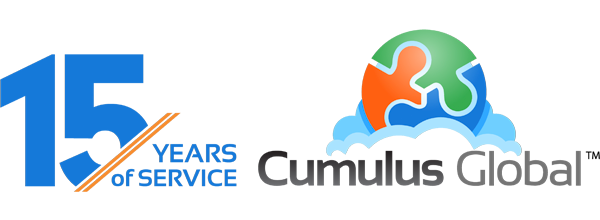Friday Thought: Cloud Computing Changes IT Roles
Jason Hiner recently kicked off the annual TechRepublic Live 2011 event in September by asking “What will the IT department look like in 2015”? His conclusion is that larger centralized IT departments will give way to leaner teams with more IT consultants. He also states that IT departments will focus resources on software, the cloud, and mobile devices.
What is really changing, however, is the roles IT will need to play, particularly as organizations move services to the cloud. Rather than focusing on IT services, such as server maintenance, email, and other core/infrastructure services, IT departments will be able to focus on services that are closer to the business and end user needs.
As businesses implement cloud computing solutions, the need for hardware and software administration drops to near zero. Time consuming activities such as managing patches, updates, and revision upgrades will almost vanish. Backups, disaster recovery, spam/virus protection, and many other tasks will no longer require the time and attention they do today.
Instead, IT departments will be managing software systems. IT departments will need to understand business processes and models and the software and data that support them. In-house or in the cloud, IT staff will be expected to be able to help businesses manage and use its data, and ensure that applications support how users work.
While Mr. Hiner sees the IT pros that perform these tasks losing their jobs and being replaced by consultants that can bridge the gap between business and applications, I see a different path.
Smart IT pros will update their skills as companies migrate into cloud solutions. These skills will develop over time as the migration happens, particularly in mid-size and small businesses where so many IT roles are often left unfulfilled.
I see network administrators that used to spend time managing email, spam/virus, and backup servers getting trained as database administrators and gaining skills in data management and reporting. I see help desk teams learning to respond to business application requests as the number of “it’s not working/infrastructure” requests decline.
The move to cloud computing will change the role of IT professionals, but does not necessarily correlate to job loss. Organizations use consultants when they do not have the skill set or resources in house. IT pros that “get” cloud computing will migrate their expertise from infrastructure and toward the business. In the process, they will become more valuable to the organization.

